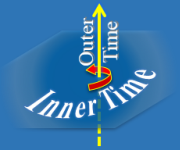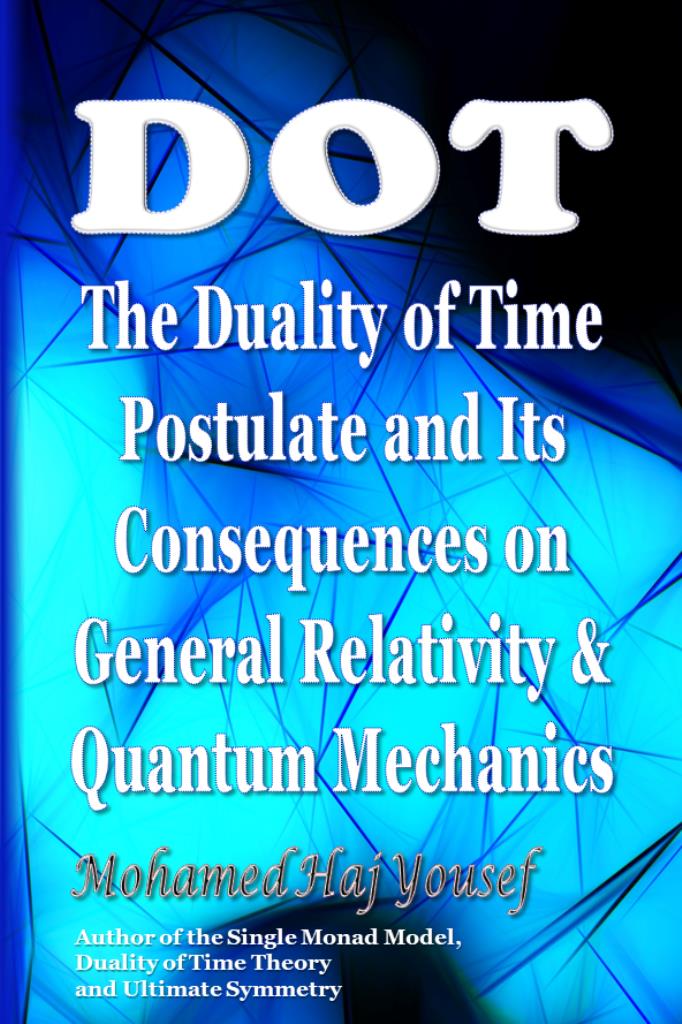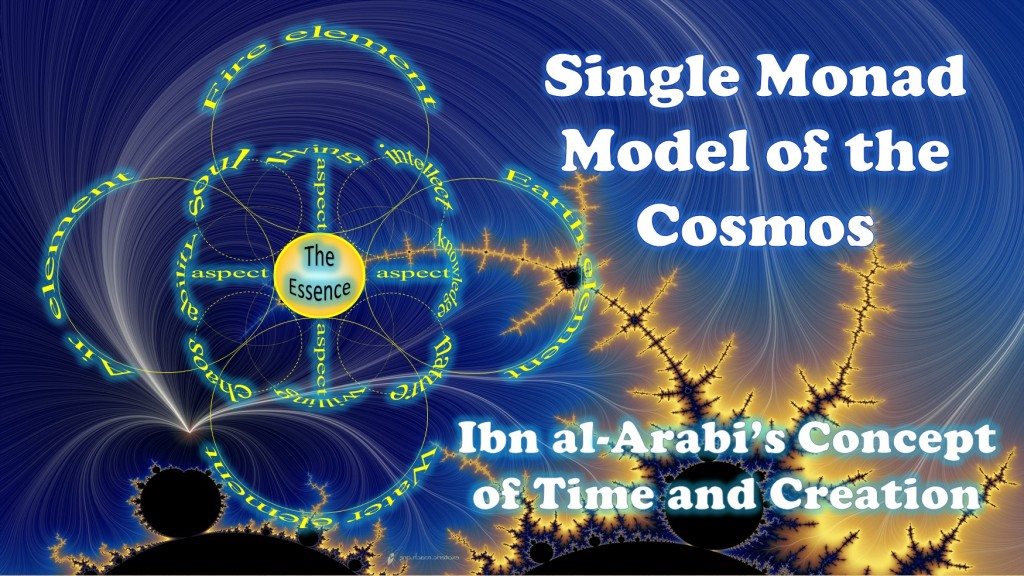7.1.2 Alchemy in Islam
The word Alchemy is derived from the Arabic root meaning “quantity”, or “quantum”, which developed in the early Islamic world after the translation of hermetical sciences. This science was introduced to Islam due to Khalid Ibn Yazid (d. 704 AD), known as King Kalid, an Umayyad prince, who facilitated the translation of Greek alchemical texts into Arabic.
Jabir Ibn Hayyan al-Sufi (721-815 AD), known in the West as Geber, is credited for developing the basic laboratory techniques, theory, terminology, and experimental method, some of which are still in use today. He is considered the “father of chemistry”. In contrast to the ancient Greek and Egyptian alchemists whose works were often allegorical and unintelligible, Jabir introduced a scientific and experimental approach to Alchemy based on scientific methodology and controlled experimentation in the laboratory. He produced many relatively clear descriptions of the processes, alchemical apparati, methodical classification of the substances, and mark an experimental spirit which is extremely far away from the weird and odd esotericism of the Greek texts. The theory on which Jabir supports his operations is one of clearness and of an impressive unity. He clearly recognized and proclaimed the importance of experimentation, stressing that: “The first essential in chemistry is that thou shouldest perform practical work and conduct experiments, for he who performs not practical work nor makes experiments will never attain to the least degree of mastery.”
The ultimate goal of Jabir was Takwin, the artificial creation of life in the alchemical laboratory, up to and including human life. He analyzed the Natural elements in terms of four basic qualities of hotness, coldness, dryness, and moistness, and he argued that in each metal two of these qualities were interior and two were exterior. For example, Lead was externally cold and dry, while Gold was hot and moist. Therefore, by rearranging the qualities of one metal, a different metal would result. By this reasoning, the search for the philosopher’s stone was introduced to Western Alchemy. Jabir also developed an elaborate numerology whereby the root letters of a substance’s name in Arabic, when treated with various transformations, held correspondences to the element’s physical properties.
The elemental system used in medieval Alchemy also originated with Jabir. His original system consisted of seven elements, which included aether and the four classical elements: air, earth, fire, and water, in addition to two chemical elements representing the metals: Sulfur, which characterized the principle of combustibility, and Mercury, which contained the idealized principle of metallic properties. Shortly thereafter, this evolved into eight elements, with the Arabic concept of the three metallic principles: Sulfur giving flammability or combustion, Mercury giving volatility and stability, and salt giving solidity. The atomic theory of matter, where all physical bodies possess an inner and outer layer of minute particles or corpuscles, also has its origins in the work of Jabir.
Jabir stated in his Book of Stones that “The purpose is to baffle and lead into error everyone except those whom God loves and provides for”. Therefore, his works seem to have been deliberately written in highly esoteric code, so that only those who had been initiated into his alchemical school could understand them.
Jabir’s interest in Alchemy was inspired by his teacher Jafar as-Sadiq, whom he refers to as “my master”, and he said: “everything I learned in Alchemy was from my master Jafar as-Sadiq”. Most Sufi Paths and Chains of Sheikhs are connected with Jafar as-Sadiq, including the Naqshbandi Golden Chain.
Jabir’s alchemical investigations were theoretically grounded in an elaborate numerology related to Pythagorean and Neoplatonic systems. The nature and properties of elements was defined through numeric values assigned the Arabic consonants present in their name, a precursor to the character notation used today.
Other Islamic chemists such as Alkindus, mentioned in chapter II, and Muhammad Ibn Zakariya Razi, knonw in the West as Rasis or Rhazes, contributed a number of key chemical discoveries, including the discovery that aqua regia, a mixture of nitric and hydrochloric acids, could dissolve Gold, which fueled the imagination of alchemists for the next millennium. From the 9th to 14th centuries, alchemical theories faced criticism from a variety of practical Muslim chemists, including al-Biruni, Avicenna and Ibn Khaldun, who wrote various refutations against the idea of the transmutation of metals.


















